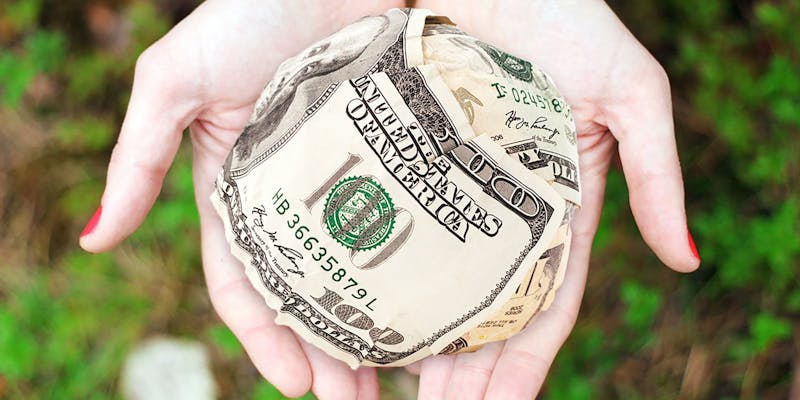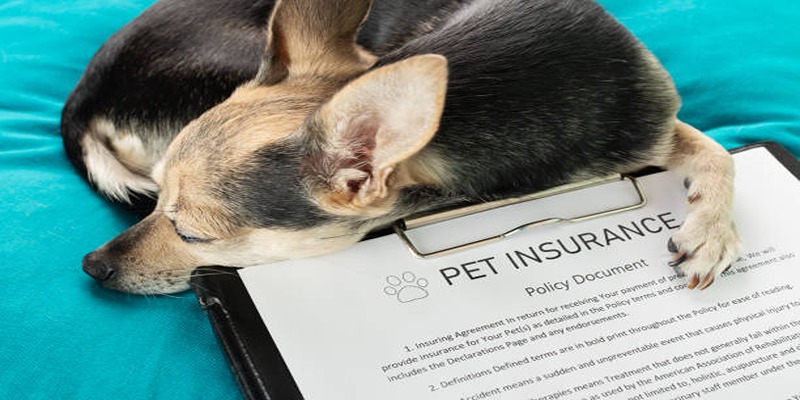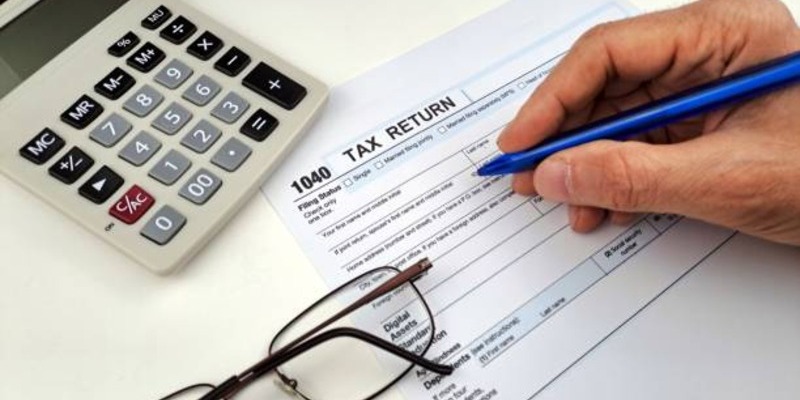In the realm of personal finance, investing in the joy and companionship of a pet goes beyond mere monetary considerations. Yet, the financial implications of pet ownership are both significant and multifaceted, encompassing initial costs, ongoing care, and unexpected expenses. Embarking on this journey requires a careful evaluation of one's budget and financial preparedness. Pets, whether furry, feathered, or scaled, become integral members of our families, offering unmeasurable emotional and health benefits. However, responsible pet ownership also entails a commitment to provide for their well-being, which includes food, healthcare, grooming, and enrichment activities. This guide aims to explore the various financial aspects of pet ownership, offering insights and guidance to potential and existing pet parents in navigating these expenses while ensuring a fulfilling life for their beloved companions.
The Initial Costs of Pet Ownership
For most individuals, the first expense that comes to mind when considering pet ownership is the initial cost of adoption or purchase. This can vary greatly depending on the type, breed, and age of the pet. Adoption fees from shelters or rescue organizations are typically more affordable than purchasing a purebred animal from a breeder. Additionally, older pets may have lower adoption fees compared to younger ones. It is essential to research the average cost of adoption or purchase for your desired pet before making a decision.
Apart from the initial cost of acquiring a pet, there are also several one-time expenses that come with welcoming a new furry friend into your home. These may include purchasing basic supplies such as food and water bowls, a leash and collar, bedding, toys, and a litter box for cats. Depending on the type of pet, additional expenses may include a cage or habitat, grooming supplies, and training classes.
Ongoing Costs of Pet Ownership
Once you have acquired your new companion, it is important to consider the ongoing costs of pet ownership. These include necessities such as food and regular veterinary care, as well as discretionary expenses like grooming and boarding services. The cost of food will vary depending on the type, size, and dietary needs of your pet. It is recommended to research and budget for high-quality pet food to ensure your companion receives proper nutrition. Veterinary care can also be a significant ongoing expense, with routine check-ups, vaccinations, and unexpected illnesses or injuries potentially adding up over time.
Grooming may not be a necessity for all pets, but it is still an important aspect of their care and can add up in cost. Regular grooming services such as haircuts or nail trimmings may need to be factored into your budget, or you can choose to learn how to do these tasks yourself. For pet parents who travel frequently, boarding services or hiring a pet sitter may also be necessary expenses to consider.
Unexpected Expenses

While planning for the known costs of pet ownership is crucial, it's equally important to prepare for unexpected expenses that may arise. These unforeseen costs can range from emergency veterinary visits to replacing damaged furniture or personal items. Pets, much like humans, can encounter health issues that require immediate and often expensive medical attention, including accidents, chronic illnesses, or emergency surgeries. The potential for such incidents underscores the importance of setting aside an emergency fund or considering pet insurance to mitigate these costs.
In addition to health-related expenses, pets can sometimes cause damage to their living environment or the belongings within it. Whether it's a chewed-up pair of shoes, scratched furniture, or accidents on the carpet, these incidents can lead to additional outlays for repairs or replacements. Factoring in a buffer for such unexpected costs will help ensure that you can comfortably manage the financial responsibilities of pet ownership without undue stress.
Understanding and preparing for both the predictable and unpredictable financial aspects of having a pet will contribute to a more rewarding and stress-free relationship with your furry, feathered, or scaled friend.
The Value Added to Lives
While the financial implications of pet ownership are significant, the joy and companionship that pets bring to our lives are immeasurable. Numerous studies have shown that having a pet can lead to improved mental health, reduced stress levels, and increased physical activity. They also provide love and support during difficult times and help alleviate feelings of loneliness.
Pets can also bring financial benefits to their owners. For example, having a dog may motivate individuals to exercise more frequently, leading to potential savings on gym memberships or healthcare costs. Pets can also serve as therapy animals for individuals with disabilities or mental health conditions, reducing the need for costly treatments.
Budgeting for Your Pet

After considering all the financial aspects of pet ownership, it's essential to create a budget specifically for your furry friend. This will help you track and manage expenses while ensuring that you can comfortably provide for their needs. Start by listing out all expected costs, including adoption or purchase fees, supplies, ongoing care, grooming, and potential unexpected expenses. Then, determine how much you can comfortably allocate for each item on your list. Don't forget to include a buffer for unexpected costs and consider setting up an emergency fund or investing in pet insurance.
Regularly reviewing and adjusting your budget as needed will help you stay on top of your pet's expenses, ensuring that they receive the care they deserve without causing financial strain. It's also essential to research and compare prices for supplies and services to find the best deals and discounts. Additionally, consider exploring options for low-cost veterinary care or seeking out clinics that offer affordable services.
Conclusion
While the financial responsibilities of pet ownership can be daunting, they should not deter anyone from experiencing the joys of having a furry companion. With proper planning and budgeting, you can provide your pet with all the care and love they need without compromising your financial stability. Remember that pets bring immeasurable value to our lives, and the rewards far outweigh any costs. So, if you're considering adding a pet to your family, take the time to research and budget carefully to ensure a happy and healthy life for both you and your four-legged friend.




